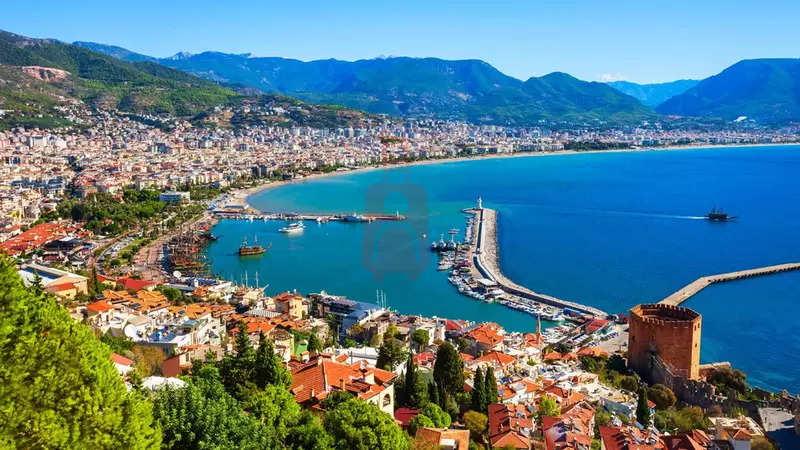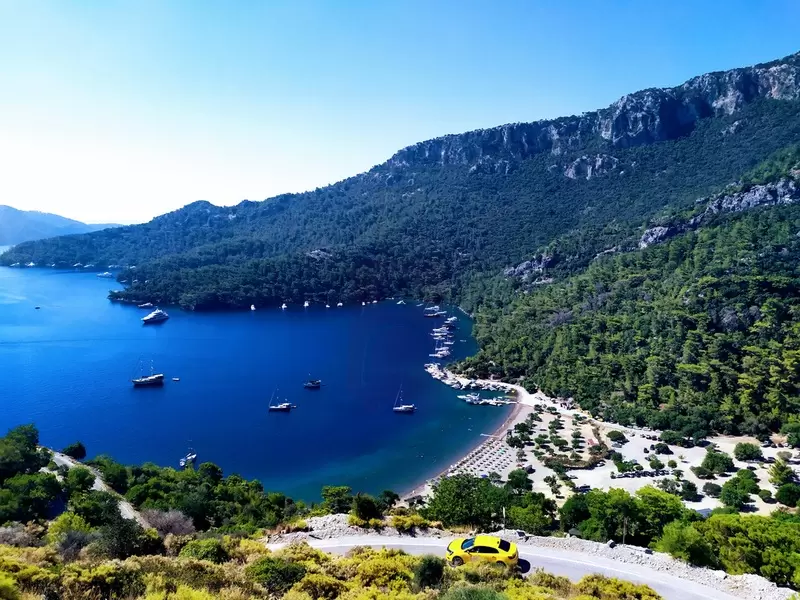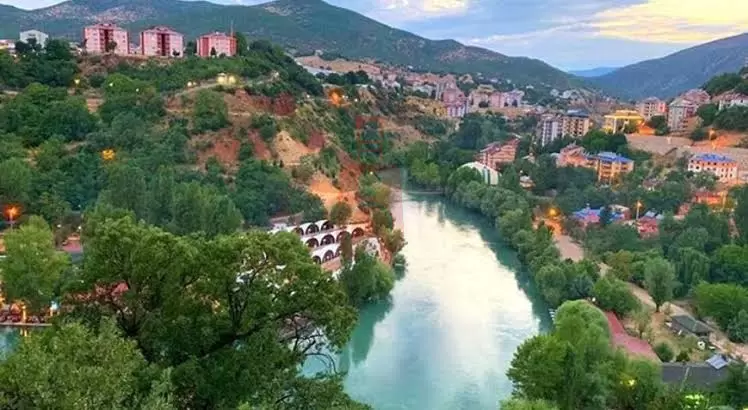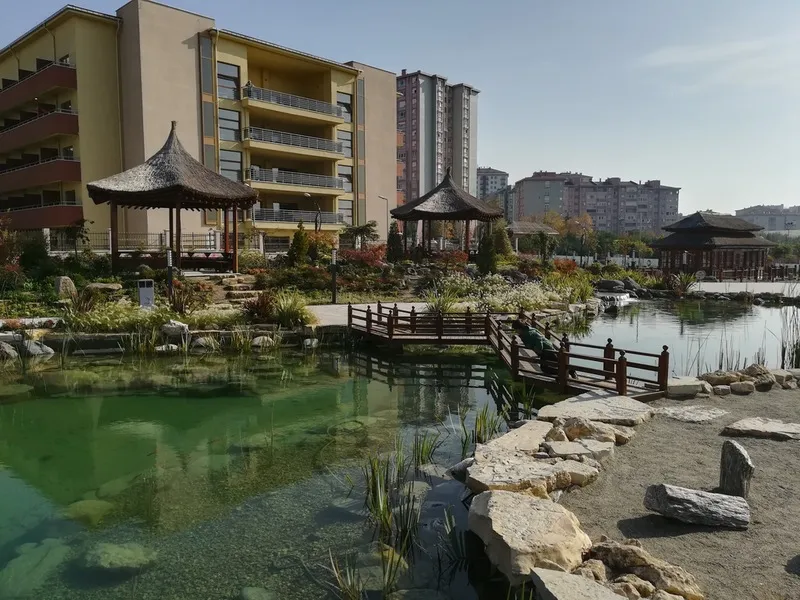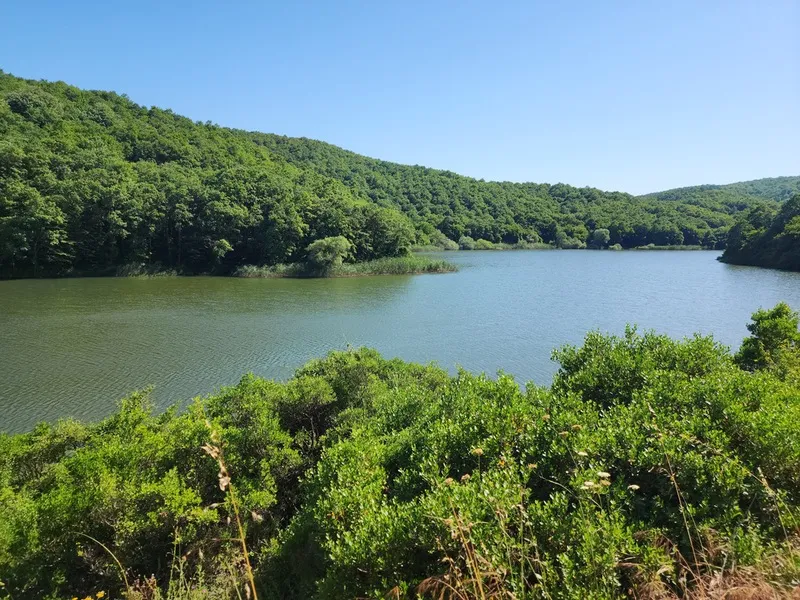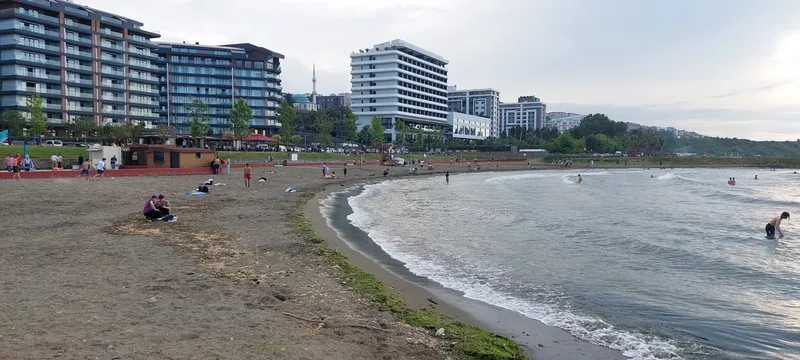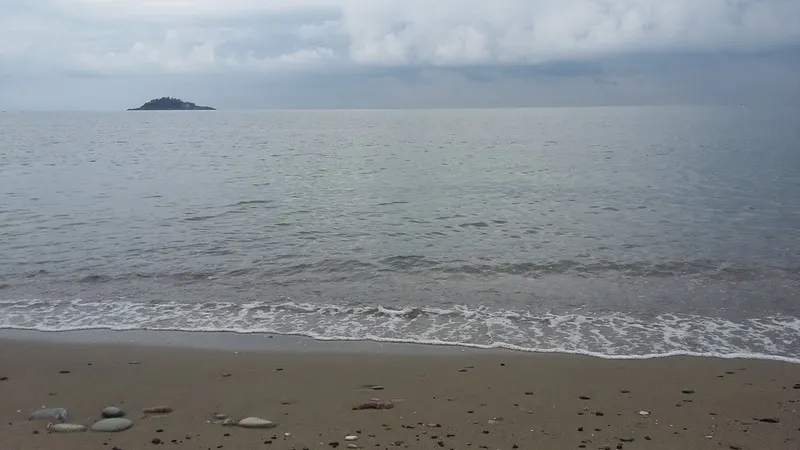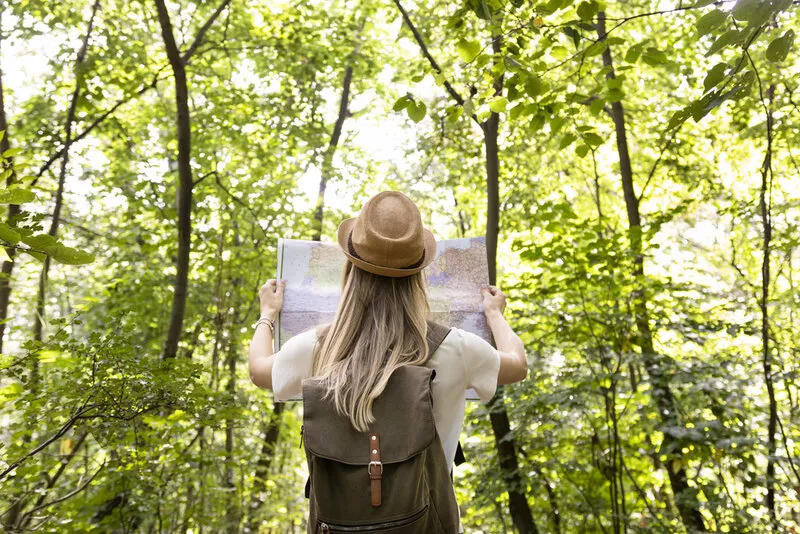
Eco-Friendly Trips in Türkiye: Experiencing Sustainability in Ancient Lands
Türkiye is embarking on a profound transformation in its tourism sector, prioritizing [Sustainability] and ecological preservation, largely driven by global certification programs and local community efforts. An [Eco-Friendly Trip] here is a conscious choice to support local economies, minimize your carbon footprint, and immerse yourself in environments where nature and culture are meticulously conserved. These journeys lead to pristine natural sites, authentic local experiences, and certified accommodations that adhere to rigorous environmental standards.
As your professional guide, I highlight that eco-tourism in Türkiye is rooted in two major concepts: the global Green Certification movement and the local [Cittaslow] (Slow City) movement. This detailed guide explores the regions and initiatives that offer the most responsible and rewarding travel experiences, ensuring your footprint is light and your impact is positive.
I. Certified Conservation: Accommodation and Major Resorts
The Turkish government and international bodies manage several certification programs that verify a resort's commitment to sustainability, energy efficiency, and waste management. Finding a [Certified Hotel] is the easiest way to ensure your trip is environmentally responsible.
Global and National Certifications
Look for accommodations that prominently display these labels:
- Yeşil Yıldız (Green Star): A certification issued by the Turkish Ministry of Culture and Tourism for hotels meeting high standards in energy, water efficiency, and waste management.
- Green Key / Travelife: International certifications verifying sustainability practices, including reduced carbon emissions and support for local labor.
- Mavi Bayrak (Blue Flag): Certifies the environmental quality of beaches, marinas, and boats, ensuring clean waters and safe coastal management.
The Antalya Model: Luxury Meets Sustainability
[Antalya], despite its scale, is at the forefront of implementing these standards. Large resorts in [Belek] and [Lara] often have sophisticated systems for carbon dengeleme (carbon offsetting) and water recycling. Resorts such as [Maxx Royal Belek], [Voyage Belek Golf & Spa], and [Calista Luxury Resort] often hold multiple certifications (Green Star, Travelife, and Blue Flag) and prioritize locally sourced food and zero-waste initiatives.
II. The Slow City Movement: Cittaslow Türkiye
The [Cittaslow] movement—a global network dedicated to preserving local identity, slow living, and environmental quality—is a thriving part of Türkiye's eco-tourism. Visiting these towns guarantees a genuine, low-impact cultural experience.
Coastal and Island Tranquility
Türkiye’s first Cittaslow members are excellent hubs for eco-focused trips:
- Seferihisar (İzmir): Türkiye's first slow city is committed to [organic agriculture], preserving local seeds, and promoting renewable energy. Travelers can explore the historical [Sığacık Marina], participate in local farmers' markets, and support small-scale producers.
- Akyaka (Muğla): Located on the stunning [Gökova Gulf], [Akyaka] is famous for its unique, single-style architecture (designed by Nail Çakırhan). The cold, clear waters of the [Azmak River] and the surrounding pine forests are protected, offering gentle eco-activities like [canoeing] and boat tours that promote awareness of the local ecosystem.
- Gökçeada (Çanakkale): Türkiye's only slow island, [Gökçeada] retains its pristine nature and rich Greek cultural heritage. The focus here is on [ecological farming] (especially Ladolia olive groves), traditional village life, and supporting local handicrafts.
Inland and Historical Slowing Down
The Cittaslow network extends inland, emphasizing cultural preservation and local gastronomy:
- Taraklı (Sakarya): This town preserves magnificent [Ottoman wooden houses] and focuses on slow food and rural life, providing an authentic, historical atmosphere far from mass tourism.
- Eğirdir (Isparta): Situated by the picturesque [Eğirdir Lake], this town focuses on nature sports, [local food markets], and preserving its natural beauty, serving as a gateway to the [Göller Bölgesi] (Lakes Region).
III. Destination-Specific Ecotourism and Discovery
Certain regions, even without the Cittaslow designation, offer robust infrastructure for sustainable and adventurous eco-travel.
Kaz Dağları: High-Oxygen Retreat
The [Kaz Dağları] (Mount Ida), located near [Balıkesir] and [Çanakkale], is renowned for its extremely high oxygen levels and rich biodiversity.
- Ecolodges and Camping: The area is a prime spot for [Ecolodges] (like [Hızır Kamp]) and organized [Camping] in forest parks. These accommodations prioritize solar power, water conservation, and locally sourced, organic food.
- Activities: Ideal for [Hiking], exploring waterfalls, and focusing on wellness and clean air, living up to its ancient reputation as a "gift from the gods."
Çıralı and Olympos: Protected Coastal Havens
The area of [Çıralı] and [Olympos] (Antalya) is protected due to the adjacent archaeological site and the nesting beaches of the [Caretta Caretta Sea Turtles].
- Low-Impact Tourism: Zoning restrictions prevent the construction of large resorts, meaning accommodation is limited to bungalows, small family-run guesthouses, and simple campsites.
- Nature Focus: The main activities are swimming, visiting the ancient [Olympos Antik Kenti] ruins, and night patrols during the nesting season (May–September) to observe the turtle protection efforts.
IV. Responsible Traveler's Guide
Being an eco-friendly traveler in Türkiye is a proactive choice that enhances your experience:
- Reduce Waste: Participate in the national [Sıfır Atık (Zero Waste) Project] by minimizing single-use plastics and recycling whenever possible, especially in protected coastal areas.
- Support Local: Prioritize staying in locally owned [Pansiyonlar] (guesthouses) and dining at small, authentic restaurants that use regional, [organic ingredients]. This ensures your money directly benefits the local community and sustainable agricultural practices.
- Transport: For long distances, use Türkiye's efficient [Intercity Bus System]. Within small eco-towns like [Akyaka] or [Seferihisar], rely on [Bicycles or Walking] to minimize carbon emissions, following the ethos of the Cittaslow movement.
- Respect Heritage: When visiting cultural routes like the [Lycian Way], stick strictly to marked paths to prevent erosion and disturbance of archaeological remnants.
Choosing an [Eco-Friendly Trip] in Türkiye allows you to enjoy the country's natural magnificence while actively contributing to the preservation of its extraordinary cultural and environmental heritage for future generations.
